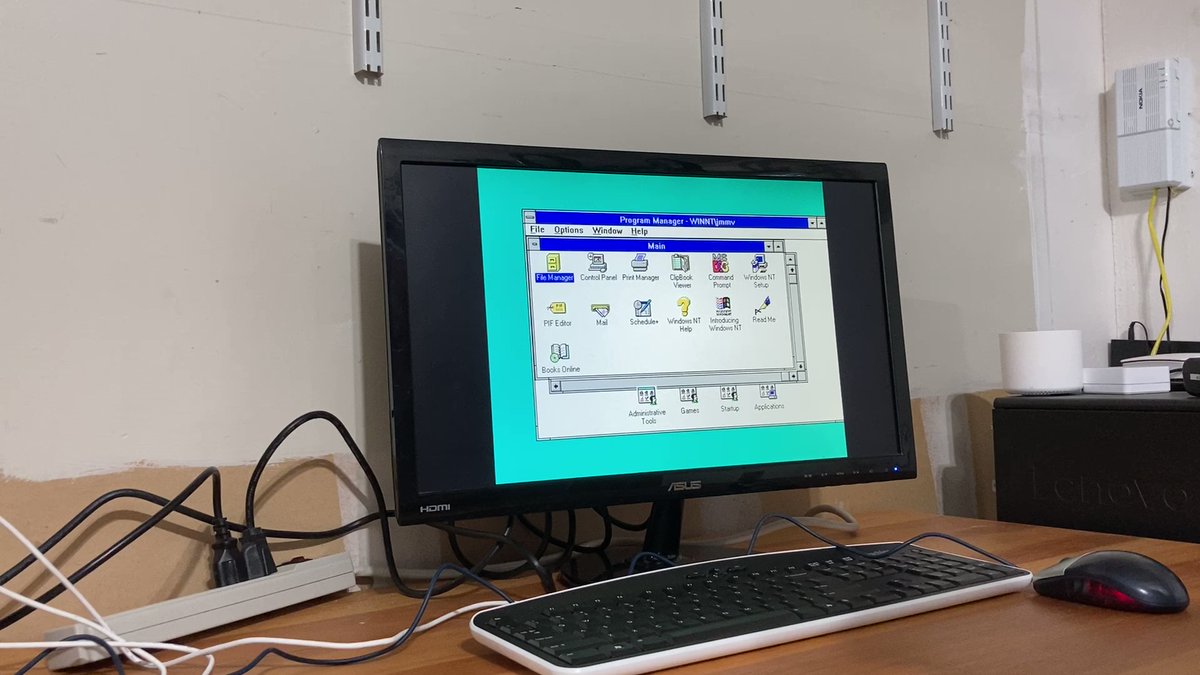Nitter thread from Julio Merino on application responsiveness in early 2000’s Windows computers versus modern Windows computers. Videos available in linked thread.
Please remind me how we are moving forward. In this video, a machine from the year ~2000 (600MHz, 128MB RAM, spinning-rust hard disk) running Windows NT 3.51. Note how incredibly snappy opening apps is.
Now look at opening the same apps on Windows 11 on a Surface Go 2 (quad-core i5 processor at 2.4GHz, 8GB RAM, SSD). Everything is super sluggish.
For those thinking that the comparison was unfair, here is Windows 2000 on the same 600MHz machine. Both are from the same year, 1999. Note how the immediacy is still exactly the same and hadn’t been ruined yet.


That’s a good point. No abstraction is performance-neutral; they all have some scenarios where they perform fast and others where they are slow. We’re witnessing the accumulation of hundreds of abstractions that may be poorly optimized or used for purposes outside of their optimal performance zones.
That’s not true. Zero-cost abstractions are a key feature of C++ and Rust. For example, Rust
Option<&T>compiles down to nothing more than a potentially-null pointer.